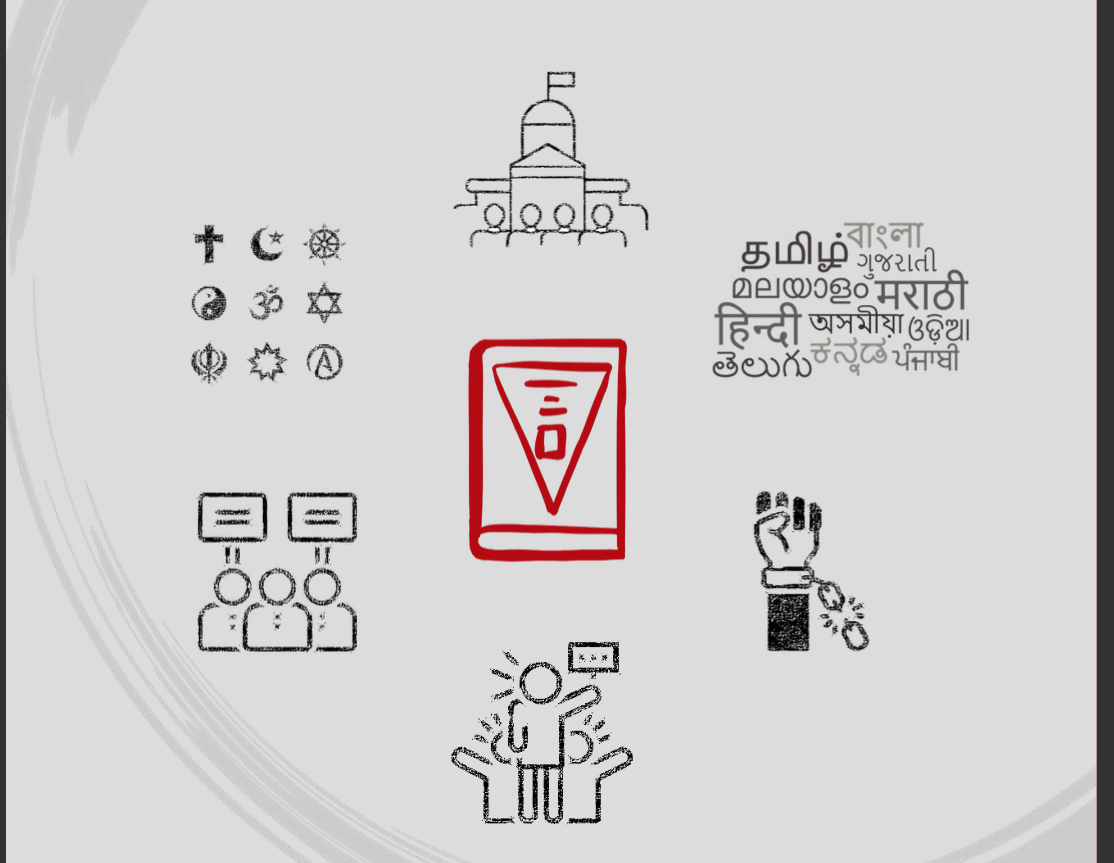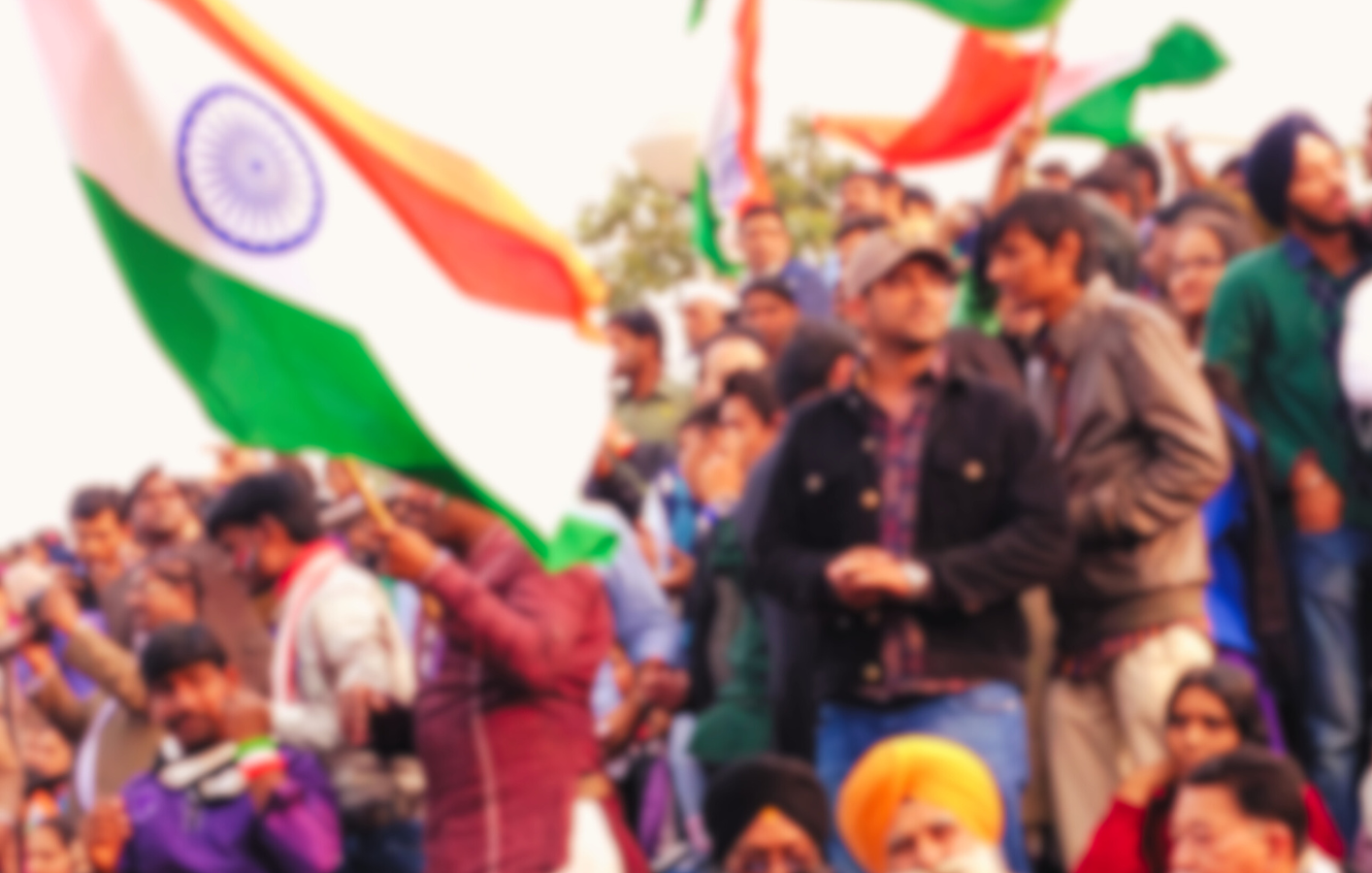A constitutional document is designed to act as a compass to guide popularly elected governments, as well as a fetter to restrain them. For such a reference point and limitation to be meaningful and acceptable over time, it must both be able to capture the founding principles of the nation as well as their evolution over time. This can only happen if the original document is nourished periodically, reinforcing the original vision while also ensuring that it speaks to today’s challenges.
2022 is the 75th year of India’s independence and the eighth decade of the functioning of the Constitution of India. While constitutional principles have largely remained resilient during this period, this juncture is an opportune one to reflect particularly on four basic facets of India’s identity— secularism, federalism, multilingualism, and underpinning them all, liberty.
All four have faced significant challenges over the course of India’s independent history and are being severely tested today. Federalism has often been reduced to an academic concept when powerful Union governments dismissed state governments led by opposing political parties; threats to secularism have been endemic since the communally charged days of partition and are even more acute today with the evolution of Hindutva as a mainstream ideology; Hindi imposition was a real possibility in the early 1960s when the honeymoon period for the usage of English was coming to an end and the possibility has continued to come up intermittently since then; and the space for liberty, best captured through discordant views, independent opinions, and free thinking, has been fast shrinking.
We are now at an appropriate time, neither too early, when these challenges are academic, nor too late, when the challenges have become insurmountable, to understand what the constitutional vision of secularism, federalism, multilingualism, and liberty is. Once the challenges, real and perceived, are identified, an evolved vision of what these concepts ought to mean can be articulated.
Deriving from Ramakrishna Paramhansa’s pithy statement ‘joto mot, toto poth’ (as many views, as there are paths), we believe that India is one nation with many paths—governments, religions, languages, voices. It is this plurality that defines India as a nation where opposites cohabit, intermingle and get along. Out of this plurality arise many rich possibilities.
While some may grow tired today of hearing old slogans like “unity in diversity”, our Constitution epitomises this slogan and it is this very document that has held India together by allowing us to live, work, learn, and grow alongside those different from us. Central to this achievement is the constitutional celebration of differences. An India filled with clones, yes-men and parroted views would neither capture the nation’s vast plurality today nor create any meaningful possibilities for tomorrow.
The Constitution remains our best hope of ensuring that this spirit of plurality is sustained in India over time. With this objective, this paper—One Nation, Many Paths—is presented as a critical reflection on the Constitution: one in which an appraisal of developments since 1950 can lead to a reaffirmation of the original vision on some matters and the possibility of reorientation in others. The paper inaugurates a multi-year research project on the Constitution, its relevance, and need at a crucial moment in India’s journey as a constitutional democracy. We invite you to join us in this reflection.
In the spirit of pluralism that we hold so dear, we hope we can encourage you to explore your own visions of India and its challenges, whether or not they are the same as ours.
About the Authors
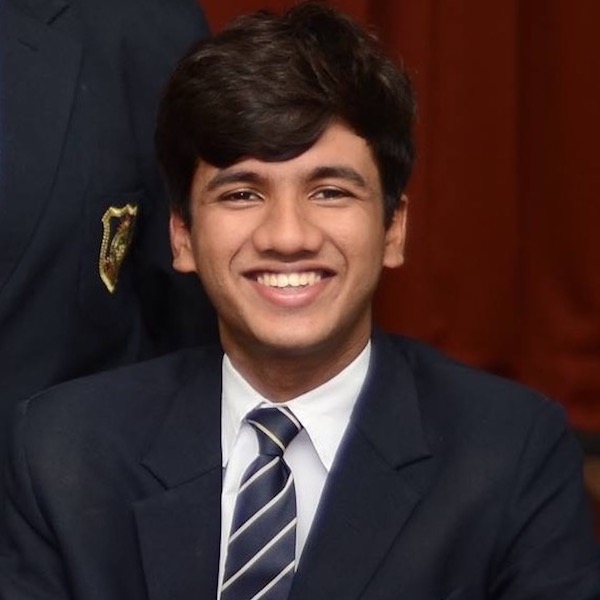
Aditya Prasanna Bhattacharya
Aditya is currently a Senior Resident Fellow in the Research Director's Office at the Vidhi Centre for Legal Policy. He graduated from the NLSIU Bangalore in 2021 with a BA LLB (Hons). His areas of interest include constitutional law, civil procedure, and dispute resolution. He has academic publications on constitutional law, legislative drafting, and arbitration law in journals such as Statute Law Review and Arbitration International. At Vidhi, he has been providing legislative drafting assistance to various Ministries, Departments, and Authorities of the Central Government and various State Governments.

Alok Prasanna
Alok Prasanna Kumar is Co-Founder and Lead, Vidhi Karnataka. His areas of research include judicial reforms, Constitutional law, urban development, and law and technology. He graduated with a B.A. LL.B. (Hons) from the NALSAR University in 2008 and obtained the BCL from the University of Oxford in 2009. He writes a monthly column for the Economic and Political Weekly and has published in the Indian Journal of Constitutional Law and National Law School of India Review apart from media outlets such as The Hindu, Indian Express, Scroll, Quint and Caravan. He has practiced in the Supreme Court and Delhi High Court from the chambers of Mr Mohan Parasaran, and currently also co-hosts the Ganatantra podcast on IVM Podcasts.
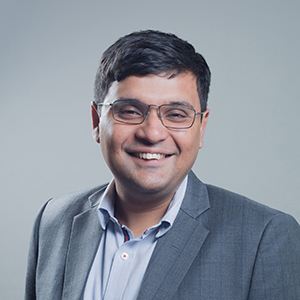
Arghya Sengupta
Arghya is the Founder and Research Director at Vidhi. His areas of specialisation are constitutional law and regulation of the digital economy. He has served on a number of government committees including the B.N. Srikrishna-led committee of experts on a data protection framework for India.
Arghya has a number of academic publications on the Supreme Court and the Constitution in leading law journals such as Law Quarterly Review and Public Law. He is also a columnist at The Telegraph and The Times of India. He has most recently authored a book “Independence and Accountability of the Indian Higher Judiciary” (Cambridge, 2019) which builds on his doctoral work at Oxford University. Prior to founding Vidhi, he was at Oxford as a Lecturer in Administrative Law at Pembroke College.

Kadambari Agarwal
Kadambari is a Research Fellow at Vidhi, and has done research for books on privacy and the Indian Constitution. She is also working with the Nyaaya initiative where she has been involved in projects relating to laws on domestic violence, sexual crimes, mental health, etc. She graduated from Lady Shri Ram College for Women in 2019, where she majored in psychology.

Lalit Panda
Lalit is a graduate of the Gujarat National Law University and has been working at the Vidhi Centre for Legal Policy since 2017. Prior to joining Vidhi, he worked briefly as a Consultant with the 21st Law Commission of India. At Vidhi, he has worked in the broad areas of law and technology, regulation and constitutional law, covering subjects such as data protection, higher education, election law, fiscal federalism, and state governors. As a 2020 Samvidhaan Fellow, he conducted interdisciplinary research into the right to equality, including from the perspective of law & economics. Currently, he works in Vidhi's constitutional law team, Charkha, engaging with contemporary issues such as the right against discrimination and secularism. He writes regularly for news outlets such as The Times of India, Economic Times and The Telegraph, and has published research in the Indian Journal of Constitutional Law, Indian Journal of Law & Technology, and Journal of Intellectual Property Studies

Manmayi Sharma
Manmayi is a Senior Resident Fellow working at Vidhi Karnataka. Manmayi is a graduate of the National University of Advanced Legal Studies, Kochi (2016). Prior to joining Vidhi, Manmayi worked at the law firm of Dhir & Dhir Associates, where she litigated and provided advisory services to various clients in matters pertaining to the Insolvency and Bankruptcy Code. She has also previously worked with the Centre for Law and Policy Research, where she litigated in the areas of public health, women's rights and rights of disabled.
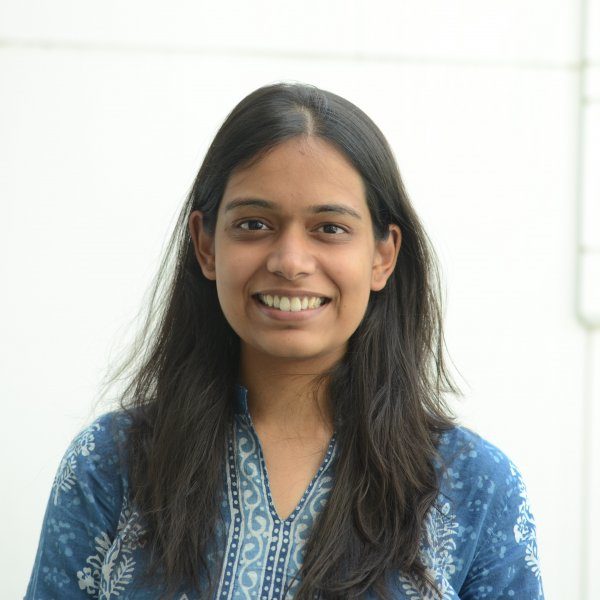
Ritwika Sharma
Ritwika is a Senior Resident Fellow and Lead at Charkha, Vidhi’s Constitutional Law Centre. Her current research is focused on comparative federalism, local governments, and electoral reforms. From 2014-17, Ritwika was a Research Fellow in the Public Law vertical at Vidhi. She advised several departments and regulatory authorities under the Government of India, on questions concerning constitutional validity of proposed legislation, legislative competence of the Union and states, and contours of the powers and functions of regulators. Ritwika also assisted the Union of India in preparing its written submissions in the National Judicial Appointments Commission (NJAC) Case. Between 2019-2020, Ritwika worked as a Research Associate at DAKSH, Bengaluru. She obtained her LL.M. from the University of Cambridge in 2018. She graduated with a B.A. LL.B. (Hons.)) from the Indraprastha University, Delhi in 2013, and the LL.M. from the NALSAR University of Law, Hyderabad in 2014. Ritwika is the co-editor of “Appointment of Judges to the Supreme Court of India: Transparency, Accountability and Independence” (Oxford University Press, 2018), a volume of essays addressing the politics, doctrine, and crucial developments pertaining to judicial appointments in India.
